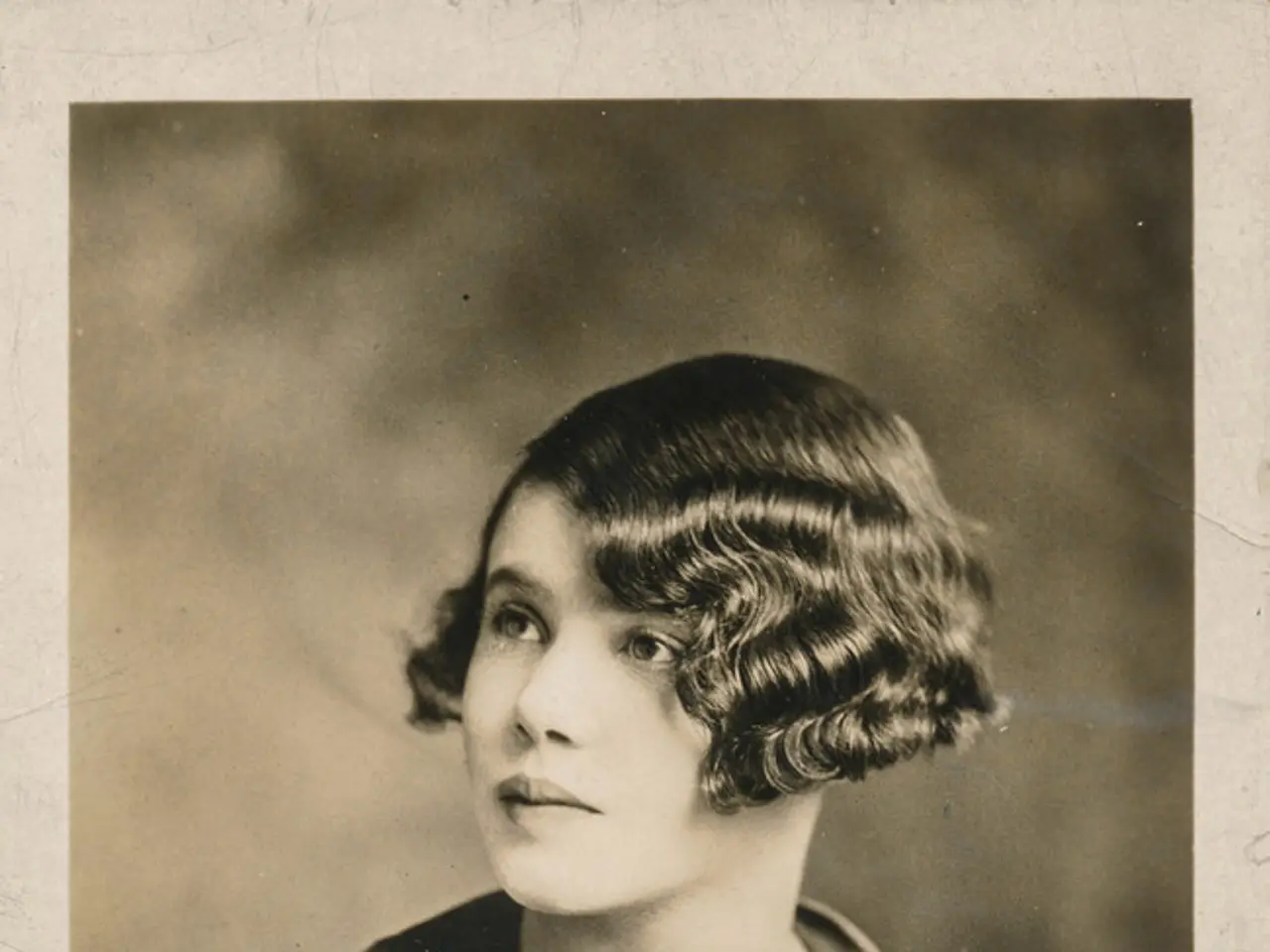Curly Haired Individuals: Uncovering the Advantages of Glycerin and Exploring Other Natural Substitutes
Glycerin, a water-soluble alcohol, has become a popular ingredient in the natural hair care market, particularly for those with curly hair. Known for its ability to draw moisture from the environment into the hair, glycerin acts as a beneficial ingredient for moisture management, especially for dry or damaged curls. However, it's essential to understand the pros and cons of using glycerin and consider natural alternatives based on individual hair needs and local climate.
### Pros of Using Glycerin for Curly Hair
Glycerin's outstanding capacity for moisturizing, conditioning, and softening has earned it the title of a "hero ingredient" in the realm of moisturizing. It works well for curly, frizzy, and thick hair types, helping to hydrate and repair damaged hair. Glycerin can fortify split ends, reduce hair breakage, and improve overall hair texture. Besides moisturizing, it may help combat dandruff and protect hair from heat damage caused by styling tools.
### Cons of Using Glycerin for Curly Hair
While glycerin offers numerous benefits, it's not without its drawbacks. Glycerin's moisture-absorbing property can backfire in low humidity environments, pulling moisture out of the hair and causing dryness or frizz instead of hydration. Applying glycerin in its pure form can leave hair feeling sticky, greasy, or weighed down. Some individuals may experience scalp itching or irritation. Additionally, it may not be suitable for hairstyles that require bouncy or very defined curls as it can affect hair texture unfavorably.
### Natural Alternatives to Glycerin for Moisture Management in Curly Hair
Several natural ingredients can act as alternatives to glycerin by helping with moisture retention and hair hydration. Aloe vera, honey, coconut oil, olive oil, shea butter, and vegetable glycerin-containing products are all viable alternatives. These natural ingredients work either as humectants (like aloe vera and honey) or emollients/sealants (like oils and butters) that help maintain moisture balance in curly hair without some of the downsides of pure glycerin usage.
### Summary
Glycerin's main advantage is its humectant property that pulls moisture into curly hair, improving hydration and reducing breakage. However, it's essential to consider the potential drawbacks, including potential stickiness, irritation, and reduced effectiveness or adverse effects in low humidity. Natural alternatives such as aloe vera, honey, and natural oils can provide moisture management with fewer risks related to climate or stickiness.
When using glycerin or alternatives, it's beneficial to consider your local climate and hair's individual needs, possibly combining glycerin with hydrating and sealing ingredients for optimal curl health and moisture balance. The expansion in the global natural hair care product market offers brands an opportunity to stand out in a competitive market by incorporating popular ingredients like glycerin and oats into their products.
In the home-and-garden sector, glycerin can beintegrated into formulations of natural hair care products for curly hair, providing benefits such as moisturizing and conditioning. To offer a balanced lifestyle and cater to different climate conditions, it may be prudent to explore natural alternatives like aloe vera, honey, and natural oils for moisture management in curly hair.




